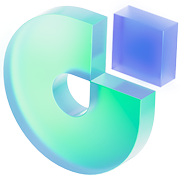Polygon API Unlock the Power of Polygon with Ankr's Infrastructure: A Developer Guide

Kevin Dwyer
October 3, 2024
4 min read
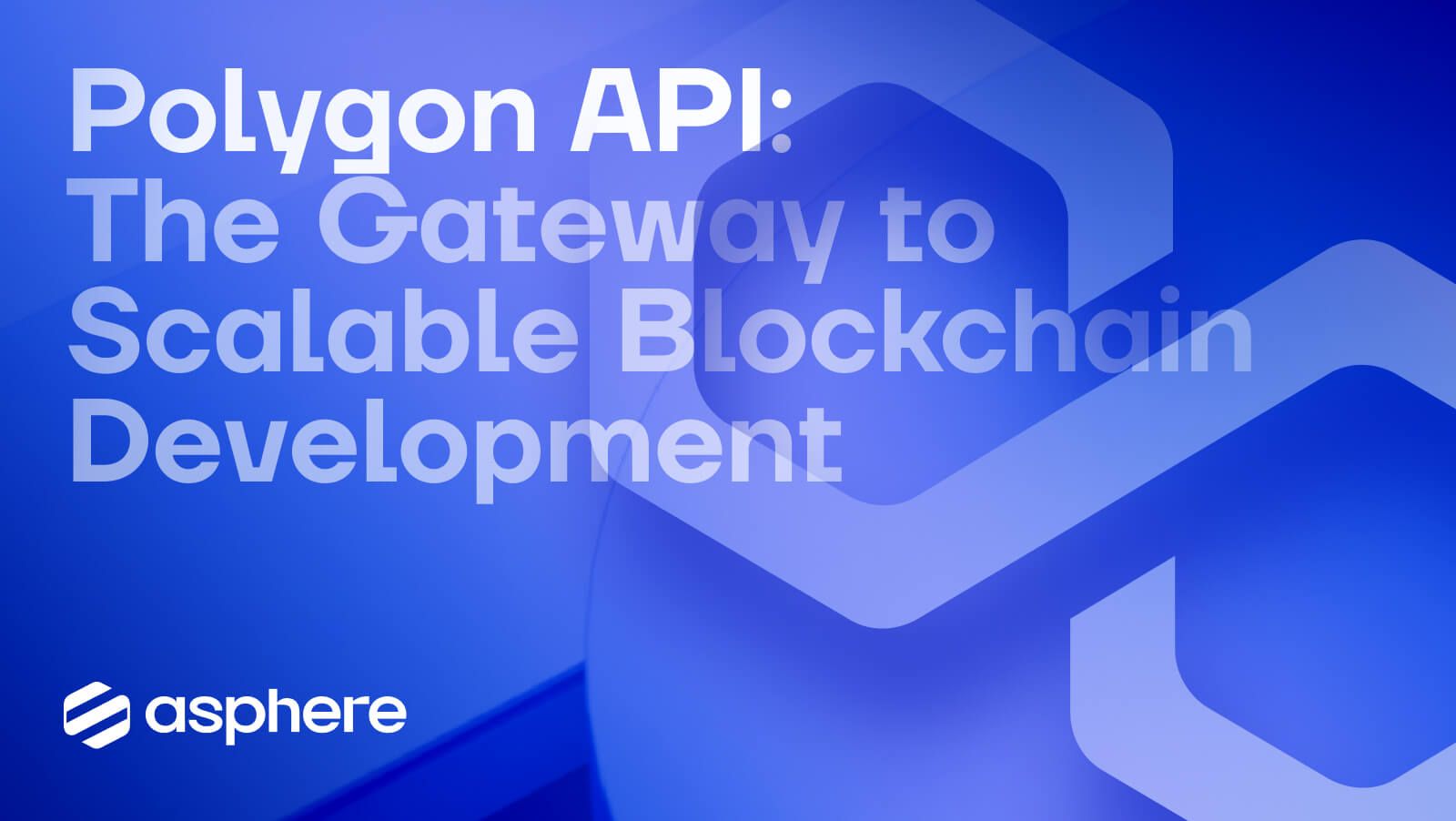
Blockchain developers increasingly seek the most scalable, efficient, and cost-effective platforms to build decentralized applications (dApps). Polygon, a leading Layer 2 Ethereum scaling solution, offers all this and more. By integrating with Ankr's API & RPC service, developers can seamlessly interact with the Polygon blockchain, taking advantage of faster, cheaper transactions without compromising on Ethereum’s core functionality. This article dives deep into Ankr’s Polygon API, exploring its benefits, use cases, and a step-by-step guide on how to get started.
Access Ankr’s free Polygon APIs now →
What is Polygon and Why Choose It?
Polygon is a Layer 2 scaling solution for Ethereum, designed to increase throughput and reduce transaction costs by by offloading a significant portion of transactions from Ethereum mainnet. The Polygon Proof of Stake (PoS) network supports all existing Ethereum tooling and offers faster, cheaper transactions while maintaining compatibility with Ethereum’s smart contract infrastructure.
For developers, Polygon is the ideal environment to build and deploy scalable dApps, without dealing with Ethereum's sometimes slow and expensive transactions. Its native token, newly renamed from MATIC to POL, powers the network and is used for transaction fees, staking, and governance.
Key Benefits of Polygon:
- High throughput: Polygon can process thousands of transactions per second (TPS), making it highly scalable.
- Low costs: Transaction fees on Polygon are a fraction of what you’d pay on the Ethereum mainnet.
- Ethereum compatibility: Developers can build on Polygon with the same Ethereum tools, making it easy to switch between the two.
Introducing Ankr’s API for Polygon
Ankr’s blockchain infrastructure makes it easier for developers to access and interact with public blockchains like Polygon. By leveraging Ankr’s RPCs & APIs, developers gain reliable, fast, and private access to Polygon without the need to set up and maintain their own nodes.
With Ankr's API for Polygon, you can interact with both the Polygon Mainnet and the Polygon Amoy Testnet, as well as the emerging Polygon zkEVM, a Layer 2 ZK-Rollup solution for even greater scalability and security.
Why Use Ankr's API?
- No infrastructure maintenance: Ankr handles the complexities of node management so you can focus on development.
- Private and secure: Ankr does not collect users’ blockchain addresses, ensuring privacy in Web3 interactions.
- Comprehensive network access: Access Polygon Mainnet, testnets, and zkEVM with one API.
- High reliability: Ankr’s globally distributed nodes ensure low latency and high availability.
Ways To Use Ankr's Polygon API
Query Polygon with Ankr's API
Once connected, you can interact with the blockchain using API requests. Here’s an example of how to query the latest block number on Polygon using Ankr’s API:
Request Example:
-H 'Content-Type: application/json' \
-d '{
"jsonrpc":"2.0",
"method":"eth_blockNumber",
"params": [],
"id":1
}'
Response Example:
{
"jsonrpc":"2.0",
"id":1,
"result":"0x21fbd0f"
}
This simple request returns the current block number on the Polygon network.
Advanced Scaling with Polygon zkEVM and Ankr
For projects needing even more security with low transaction costs, Polygon zkEVM is a zero-knowledge rollup (ZK-Rollup) solution that extends Ethereum's Layer 2 capabilities. It utilizes cryptographic proofs to bundle and validate transactions off-chain before publishing the proof on-chain, ensuring security and transparency.
Access the Polygon zkEVM API →
Benefits of Polygon zkEVM:
- Scalability with security: Offers higher throughput while ensuring cryptographic guarantees.
- Ethereum Virtual Machine (EVM) compatibility: Developers can migrate dApps to zkEVM without any changes to the smart contracts.
- Reduced fees: zkEVM drastically lowers transaction costs compared to Ethereum Layer 1.
Connecting to Polygon zkEVM with Ankr
To connect to Polygon zkEVM via Ankr’s API, follow a similar process to that of Polygon Mainnet. Simply switch the RPC URL to the following:
zkEVM Mainnet RPC URL:
https://rpc.ankr.com/polygon_zkevm
With zkEVM, you can begin building on a network that offers high scalability, while maintaining Ethereum compatibility.
Supported API Methods for Polygon and zkEVM
Ankr supports a wide range of API methods for interacting with both Polygon and zkEVM. These key methods allow developers to interact with the blockchain, retrieve data, and manage transactions.
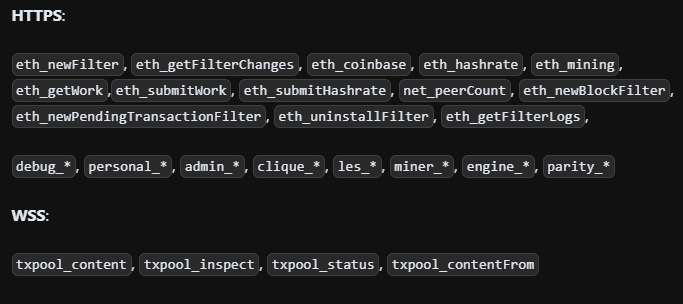
For more information on supported methods for the Polygon API, refer to the official Ankr developer documentation.
Final Thoughts On Polygon APIs
Ankr’s API for Polygon is a powerful tool for developers looking to build scalable, cost-efficient dApps on a reliable and high-performance blockchain. With support for both the Polygon PoS Mainnet and Testnet, as well as the zkEVM network, Ankr provides all the infrastructure you need to start building immediately, without the complexities of node management.
Whether you’re building DeFi platforms, NFTs, or any decentralized service, Ankr’s Polygon API offers the speed, privacy, and scalability necessary to bring your project to life. Get started today by adding Polygon to MetaMask and making your first API request using Ankr’s developer-friendly platform.
Join the Conversation on Our Channels!
Twitter | Telegram | Discord | YouTube | LinkedIn | Instagram | Reddit | All Links
Similar articles.
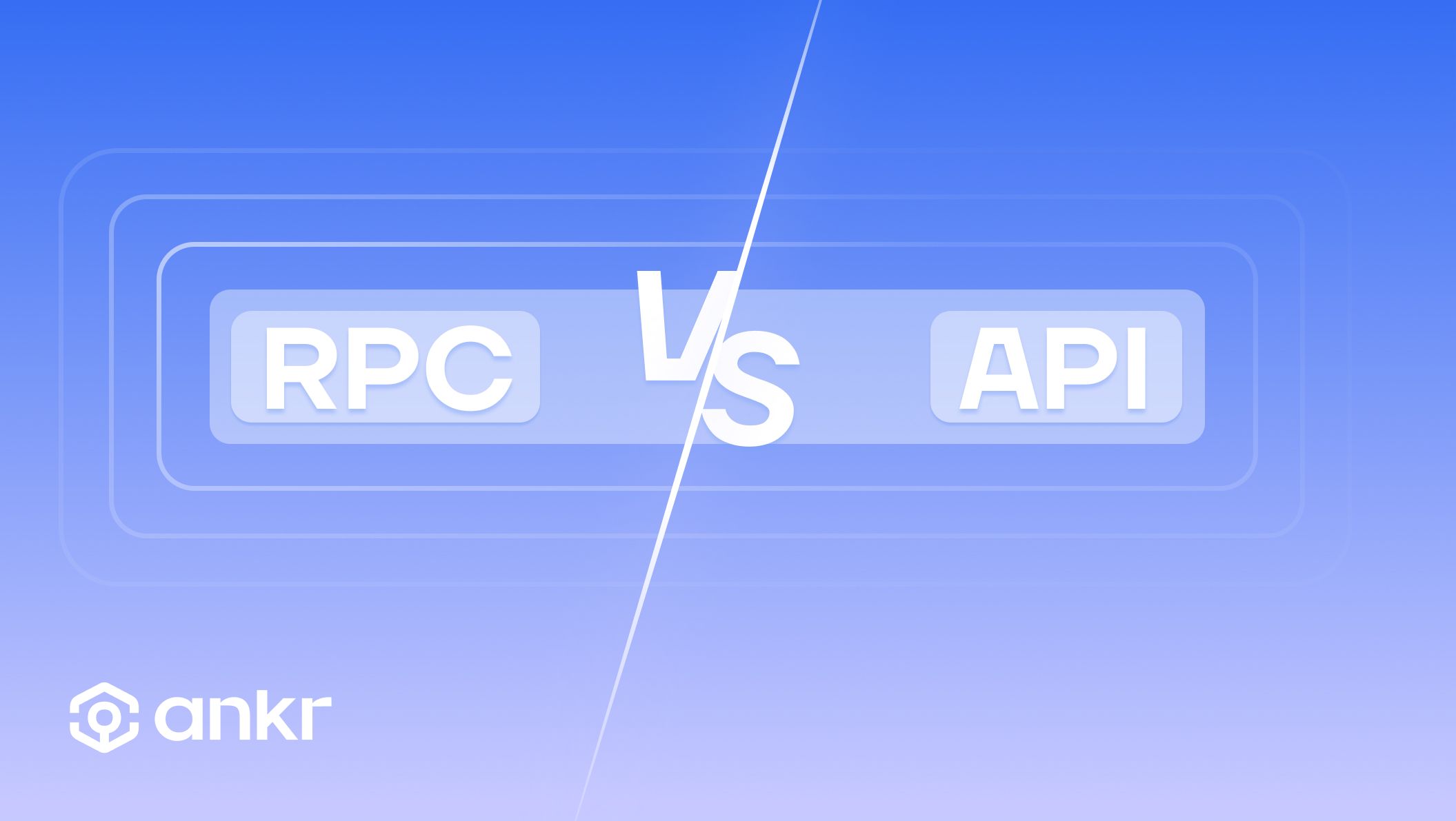
What's the Difference Between RPCs and APIs?

Ethan Nelson
December 15, 2022
If you are just beginning your journey into the world of Web3 development, you may have come across terms such as "RPC" and "API" and...
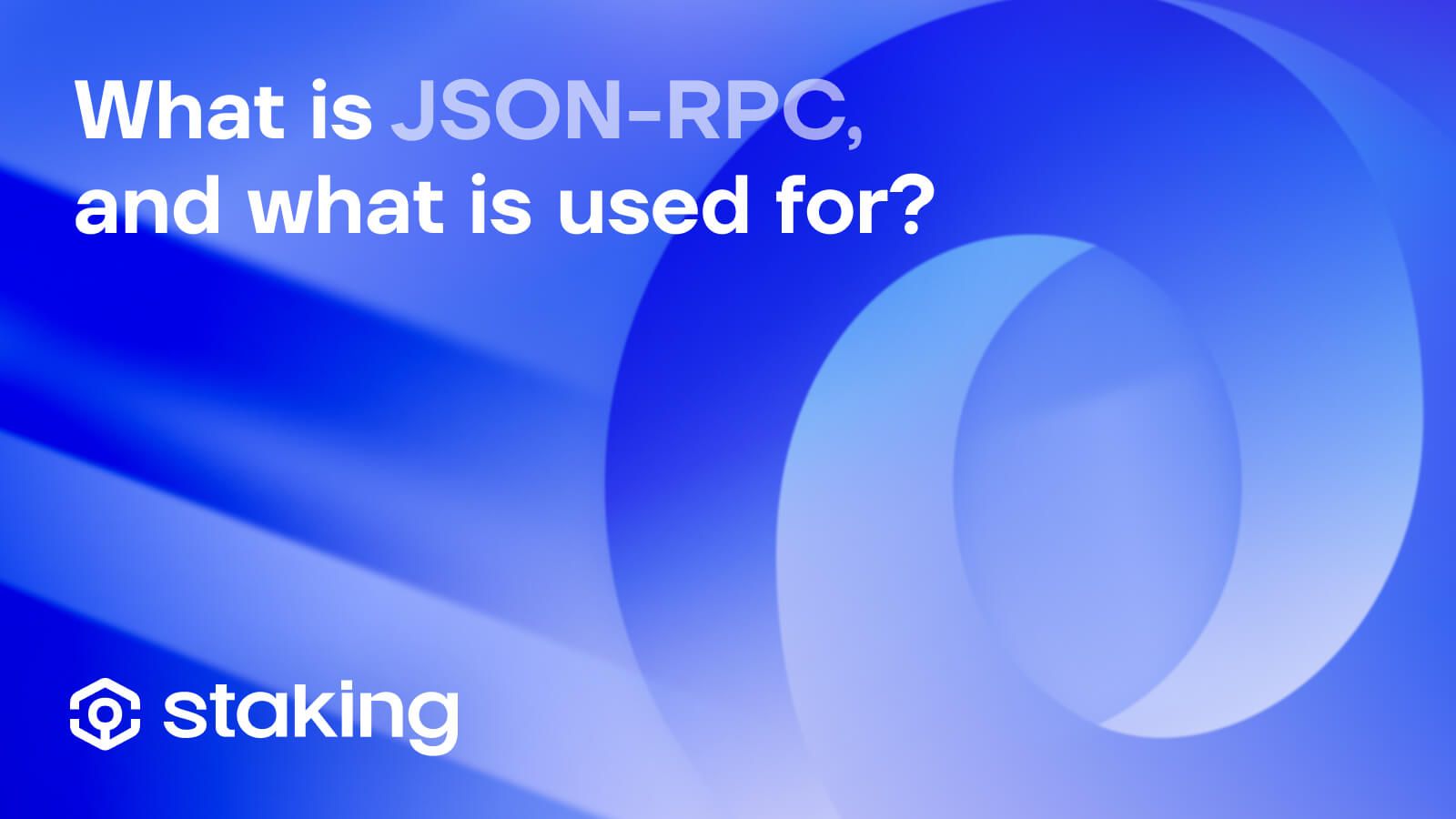
What is JSON-RPC, and what is used for?

Kevin Dwyer
April 25, 2024

JSON-RPC (JavaScript Object Notation Remote Procedure Call) is a lightweight remote procedure call protocol. It enables communication between a client and a server over a...
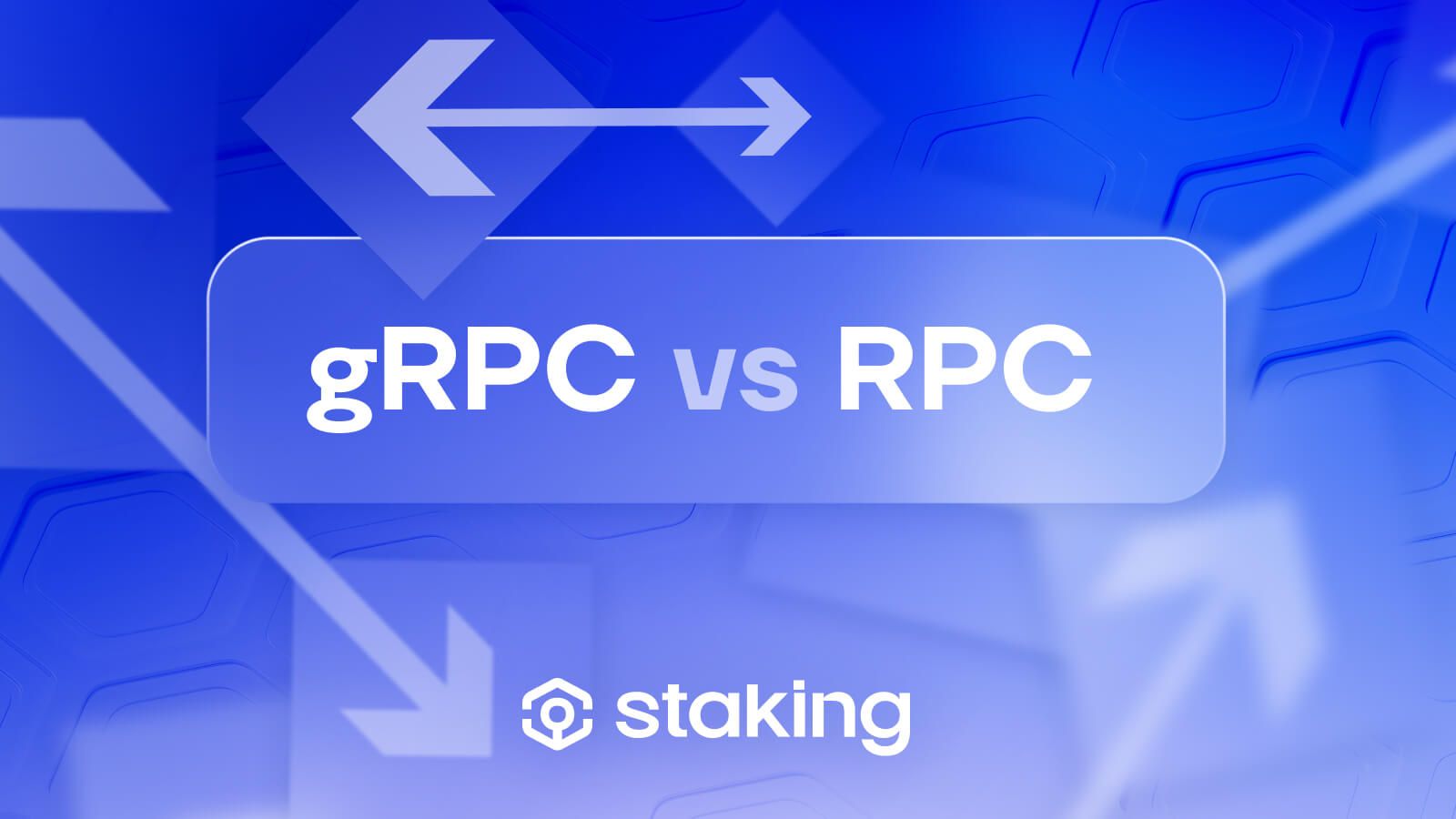
gRPC vs RPC in Blockchain Infrastructure

Kevin Dwyer
April 29, 2024

As blockchain technology continues to evolve, the choice of communication protocols plays a crucial role in determining the efficiency, security, and scalability of blockchain infrastructure....
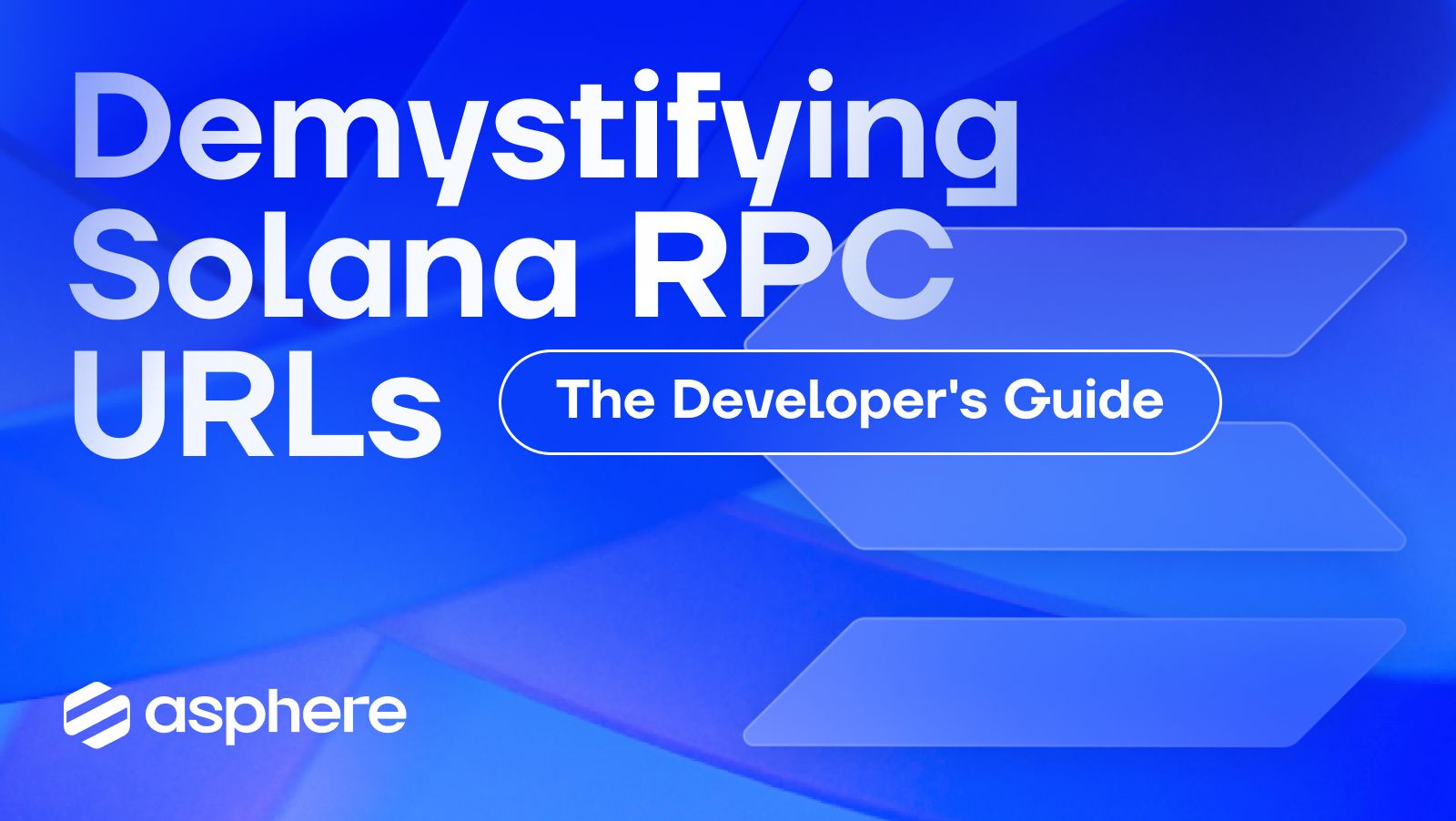
Solana RPC URLs: Guide for Developers and Users + Solana Chain IDs

Kevin Dwyer
August 30, 2024

As a developer diving into the Solana ecosystem, understanding Remote Procedure Call (RPC) URLs is crucial. These URLs serve as your gateway to interact with...
